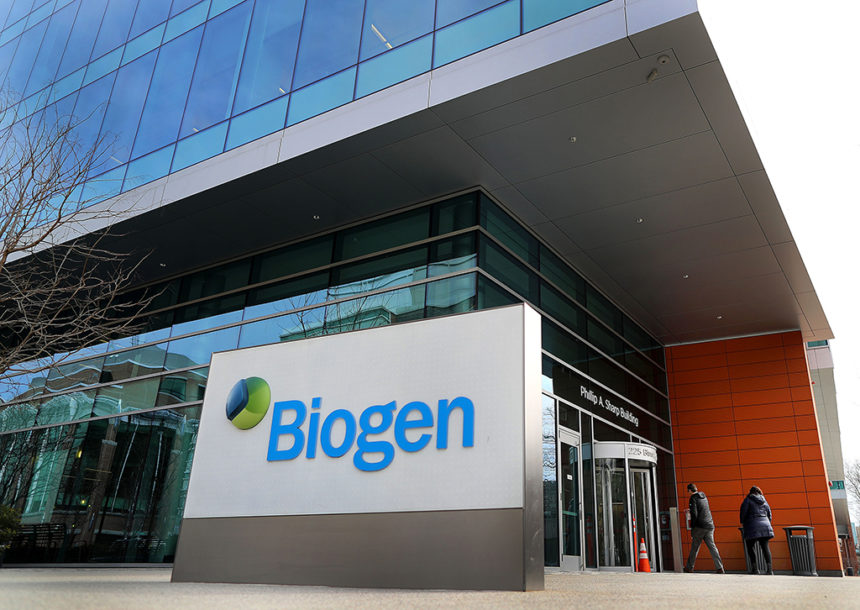Biogen announced Thursday that former Sanofi CEO Christopher Viehbacher will serve as the company’s next CEO.
The biotech said Viehbacher, who spent 20 years at GSK before a six-year stint at the helm of Sanofi, will replace outgoing CEO Michel Vounatsos. The company first announced in its Q1 earnings report that it would begin a search to replace Vounatsos as CEO.
Viehbacher will start his new role as president and CEO effective Monday. Most recently, Viehbacher and Ernesto Bertarelli co-founded Gurnet Point Capital, a healthcare investment fund focused on supporting innovative companies.
“It is both an honor and an exciting opportunity to join the Biogen team. I greatly admire Biogen for its determination and resilience in pioneering important new medicines to address some of the most difficult and challenging conditions in healthcare,” Viehbacher said in a statement. “I am inspired by Biogen’s mission and untapped potential and look forward to working with the dedicated Biogen team to build an even stronger company for the benefit of patients, stakeholders and investors.”
For his part, Vounatsos said it was a “privilege” to lead Biogen and said Viehbacher would be an “excellent leader” for the company.
Leading Biogen since 2017, Vounatsos’ tenure was rocky at times, largely due to the rise and fall of Aduhelm, its troubled-but-once-promising Alzheimer’s asset. In June 2021, Aduhelm received approval from the Food and Drug Administration despite concerns about its clinical data and exorbitant price tag ($56,000 per patient.)
Ultimately, the company ended up slashing the price by half, laid off members of Aduhelm’s commercial team before pulling the plug on the drug’s commercial infrastructure after the Centers for Medicare and Medicaid Services said it would limit coverage of the drug for patients in clinical trials.
Still, after the tumult of the Aduhelm saga, Biogen has found continued promise in the Alzheimer’s space.
In late September, Biogen produced promising results for its Alzheimer’s drug Lecanemab. The company said the drug, which was developed with Eisai, met its primary endpoint in showing a “statistically significant” reduction in clinical decline among patients with early Alzheimer’s.
Still, questions remain about the drug’s long-term safety for patients and how much the company has at stake on approval of the Alzheimer’s treatment following the Aduhelm debacle. In late October, STAT News reported that Lecanemab may have contributed to a patient’s death during the study in June.
The Lecanemab news was also released one day after Biogen agreed to pay a $900 million settlement with the Department of Justice over claims that it illegally paid kickbacks to doctors to encourage them to prescribe the company’s drugs.
Additionally, Biogen announced the CEO switch about two weeks after releasing its latest earnings report, highlighted by a 10% decline in total revenue and a net income of just over $1.1 billion.







